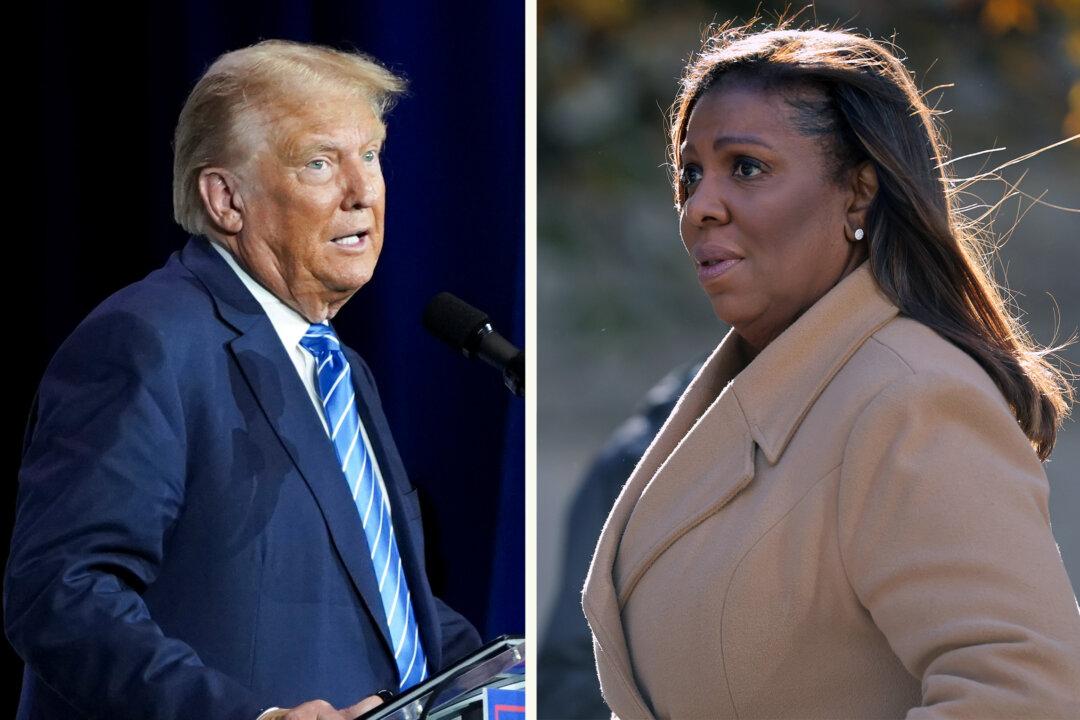New York Attorney General Letitia James’s office is seeking to exclude four expert witnesses former President Donald Trump plans to call on to testify in next week’s trial, arguing the judge has already ruled President Trump liable for fraud.
The state attorneys argue in a letter to New York Supreme Court Justice Arthur Engoron that their testimonies “are no longer relevant.”





